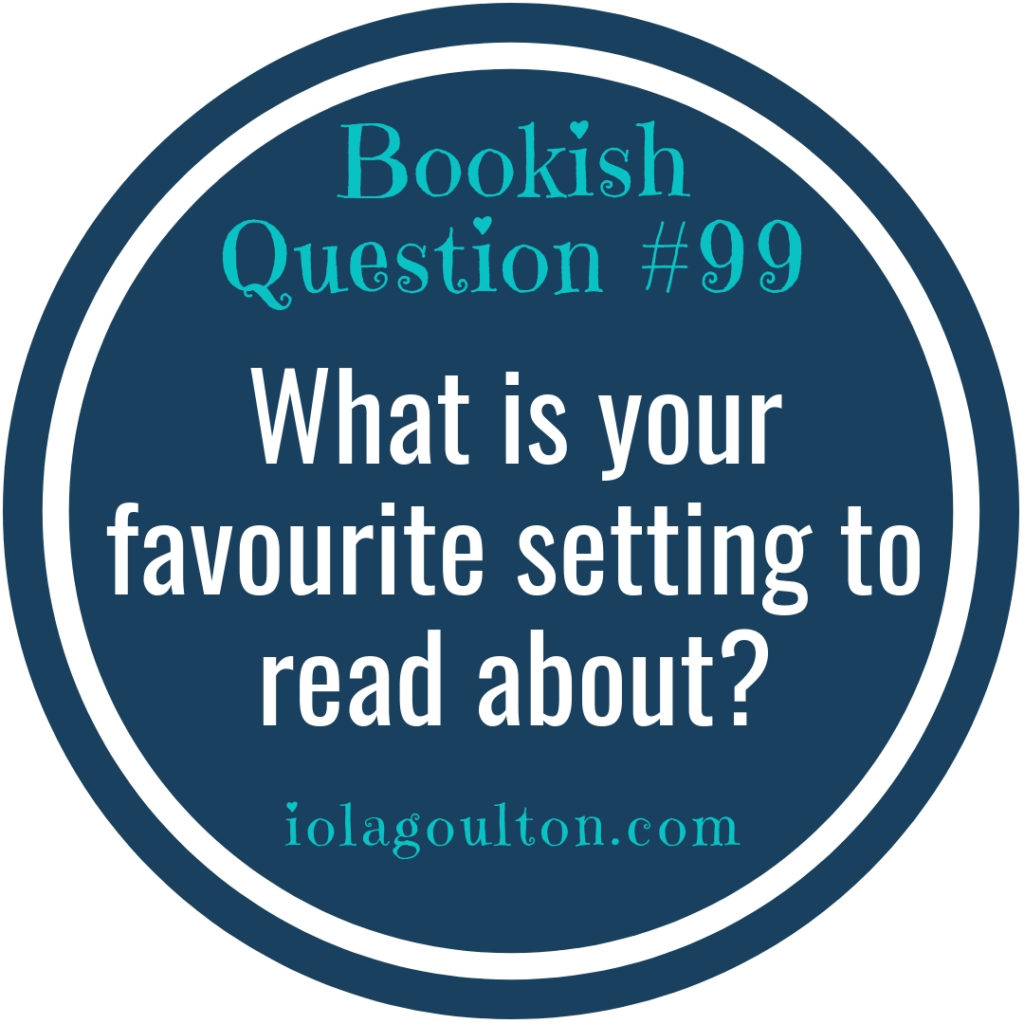Setting can be a big part of a novel.
It usually refers to the novel’s geographical setting (place), but can also mean the time setting.
Contemporary Christian fiction currently seems to favour small-town settings.
These can be fun, but they’re not consistent with my own childhood experience of living in a small town in New Zealand. Well, I guess it’s fiction so they make things up, right?
Some Christian fiction is set in big US cities.
Honestly, these all feel the same to me, because I’m not intimately familiar with any of the cities. Sure, I’ve visited many of them, but as a tourist. Tourist LA or Denver is very different from resident LA or Denver. (LA in novels is a lot like LA in the TV series “24”—no one ever gets caught in traffic jams on the 101 freeway.)
While I love reading contemporary Christian romance, I’m almost always reading for the story rather than the setting.
When it comes to setting, I prefer historical settings: Regency London (most of which still exists in real life), or the American West (home to all those mail order brides). In these stories, the setting is vital—almost as though it’s another character. I think my analytical brain prefers these settings because I have no idea if they’re accurate or not, so I can settle in and enjoy the story without thinking about the setting. At the same time, the setting plays a part and adds to the story.



I love knights and castles, though I haven’t read a lot of CF that has that as a settting. Heather Day Gilbert’s Viking series was a wonderful look at that period. I guess I love books with primitive conditions! Better to visit those eras in books, than actually experience them!